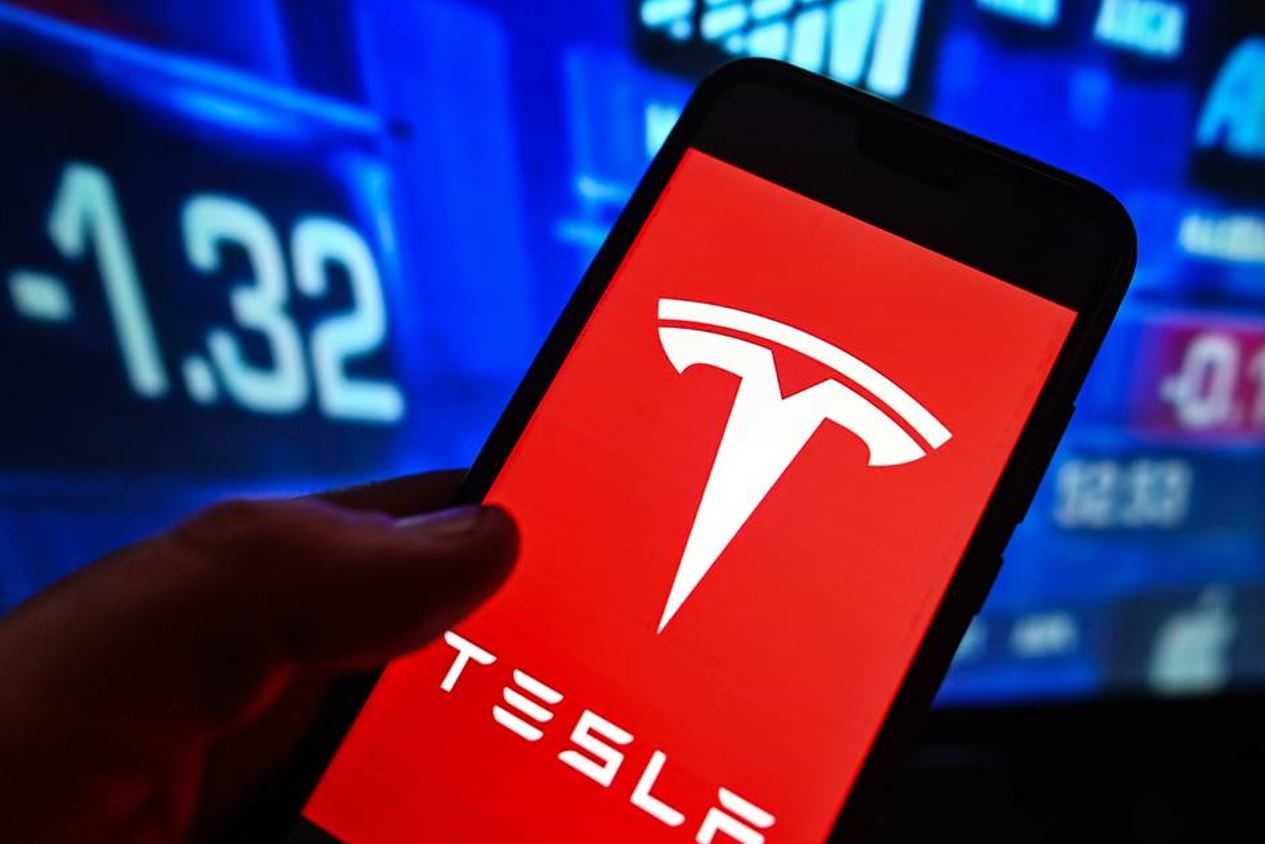Founded in 2003, Tesla (NASDAQ:TSLA) has gained global recognition as one of the world’s most famous electric car manufacturers, making the list of the top stock gainers. Despite its significant success, the company has encountered obstacles that raise concerns about its recovery.
A major obstacle hindering the mass distribution of electric vehicles is their excessively high cost compared to traditional cars. Tesla uses innovative technologies and expensive materials, which contribute to the elevated prices of its cars. In an effort to increase demand, the company aggressively slashed prices at the beginning of 2023, resulting in a notable decline in revenues. Tesla’s gross profit in the third quarter of last year dropped from 27.9% to 16.3%. But the pressure continues to mount as labor costs tend to rise, and Tesla is forced to raise wages for its U.S. factory workers.
Nevertheless, the company remains committed to reducing the cost of its electric vehicles to attract more customers.
For many years, Tesla has received substantial government subsidies for its electric vehicle development. However, such dependence on government funding may pose long-term challenges. Tesla should strive to create cost-effective and competitive electric vehicles that can attract customers without government support. Investors are increasingly concerned about Tesla’s stagnant growth, with worries amplified by the price reduction of Tesla electric vehicles in China, signaling heightened competition in the electric car market. Despite doubling in value in 2023, Tesla’s stock experienced its worst performance since 2010 at the beginning of 2024, losing over $94 billion in market value within the first two weeks. This downward trend is attributed to intensified competition from China and weakened demand for electric vehicles, particularly in the United States.
Tesla faces challenges related to supply chain instability and limited vehicle range, leading to production and delivery delays that disappoint customers. The company had to reroute spare parts supplies to its Berlin plant due to issues in the Red Sea, resulting in a temporary halt of production activities from January 29 to February 11. Tesla is actively working to enhance its production system and meet the rising demand for electric vehicles.
Owners of Tesla electric vehicles also encounter challenges such as a limited number of charging stations and slow charging speeds. Although Tesla is expanding its charging station network, it struggles to provide fast and affordable charging for long-distance travel. Concerns about battery durability and efficiency have arisen, particularly after incidents of battery fires, impacting the company’s reputation. Tesla remains committed to addressing these challenges and enhancing the safety of its battery systems.
In conclusion, while Tesla grapples with several issues, the company continues to innovate and improve. Its groundbreaking products keep it at the forefront of the automotive industry, attracting investors and buyers globally.





